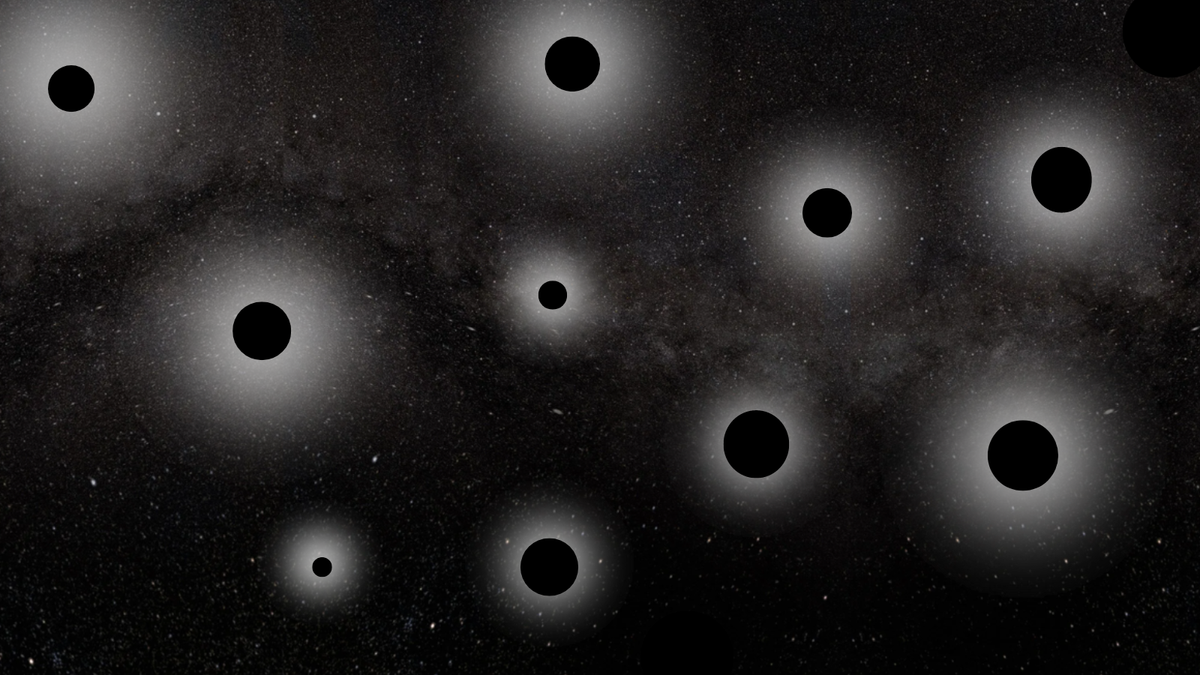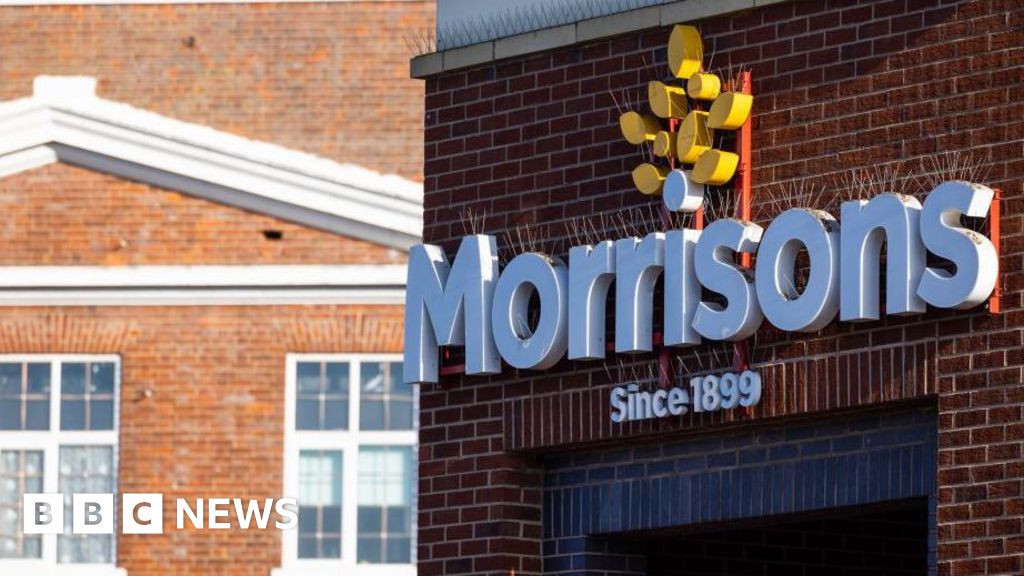In 1997, Alan Cumming appeared in the film “Buddy,” playing an animal handler hired by an eccentric socialite (Rene Russo) who maintained a menagerie in her Long Island home. One of his co-stars was Tonka, a male chimpanzee on the cusp of adolescence. Cumming felt a special bond with Tonka.
“He was very gentle,” Cumming, 59, said during a recent video call. “When the other chimps would get a little overwrought, he was a calming influence, a mediator.”
Soon after filming ended, Tonka retired. (Once chimps go through puberty, they are considered potentially too strong and sexually aggressive to work on camera.) In 2017, Cumming, a supporter of the animal rights group People for the Ethical Treatment of Animals and a longtime vegan — “I thought if Mike Tyson could do it, I could do it,” he said — learned that Tonka was being held in substandard conditions at a former breeding facility in Festus, Mo.
What happened next is the principal subject of the HBO series “Chimp Crazy,” which premiered on Sunday, a wild and occasionally woolly four-part documentary from Eric Goode, a director of “Tiger King.” (The three remaining episodes will air weekly.)
PETA secured the release of six chimpanzees from the facility in 2021. Tonka was not among them. Eventually, PETA offered a $10,000 reward for news of Tonka’s whereabouts. Cumming matched that amount.
While the twisty four episodes tell several fraught and often violent stories of chimp-human interactions, its permed, lip-plumped focus is Tonia Haddix, the owner of the Festus animals, including Tonka, and an exotic animal broker who describes herself as the “Dolly Parton of chimps.” (Given the reputation of “Tiger King” as a series that exposed animal mistreatment, Goode approached her through a proxy, a former circus clown who posed as the series’s director.) Cumming claims to feel sympathy for the women Goode turns his cameras on, even as they failed the animals in their care.
“I really empathize with the people in this documentary, especially as someone who has really, truly loved the chimp myself,” he said.
In a call from his home, where a picture painted by Tonka hung on a wall behind him, Cumming discussed animals rights and animal wrongs. These are edited excerpts from the conversation.
Tell me about “Buddy.”
My friend Caroline Thompson, this was her second film, and she asked me to be in it. Before filming began, I started going out to the desert, to the Animals for Hollywood place [a facility that provides trained animals for film, television and commercial projects] to start meeting with chimps. I would go there and let chimps crawl over me. I’d throw them on my back.
It was a magical time and a really fun shoot. The message of the film is more pertinent than any of us would have imagined — that you have to let wild animals be wild. Even though you love them, and even though they’re like your children, they are not the same as us. It’s about how you have to let go of animals, in a way that the women in this documentary find hard to do.
So that’s how you met Tonka?
I was in love with him in the way that those women are in love with their chimps. I loved him like I love my dog. And he loved me. I think he thought I was another chimp because he wanted to groom me. He wanted to do aggressive play with me. I was very flattered that he thought I was a chimp.
The next year when I did the press junket, Tonka wasn’t there. I couldn’t understand why. Then I went on a talk show and this producer said, ‘It’s such a shame about Tonka.’ I said, ‘Is he dead?’ He said, no, that he had become sexually aggressive and the trainers were worried that if he saw me, his love for me, through the prism of his adolescent lust, would go in a very different direction. And then as many as 20 years went by, nearly 30 years.
How did you get involved with PETA and with this particular action?
I would go to their galas. When I would do a concert, we’d give out vegan lollipops, vegan ice creams, leaflets about becoming vegan. I did a campaign called Not a Dairy Queen. I wrote to Starbucks saying, Why do you charge more for the milk alternatives? I did the naked ad recently; it’s a bit cheeky.
I knew Dan Mathews, who used to be at PETA, who is now at Save the Chimps. I went for drinks with him. He told me about this place in Missouri, these terrible conditions. He had a photo of Tonka. That’s when I first became involved. I kept up with the court case. The legal process is so thunderously slow and frustrating. It went on for ages and ages.
Why did you agree to participate in the documentary?
Liv Tyler is a friend of mine. We did a movie years ago. She got in touch with me to say that Eric Goode was trying to get hold of me because he was working on a film. They’re neighbors. I was already working with PETA on this campaign to rescue Tonka. And I thought “Tiger King” had done a lot of good in terms of educating people about the whole animal trade. I thought, Oh, this will maybe help. Someone who’s doing something about the chimp trade and the abuses happening at private zoos, I would like to help highlight that.
What made you post a reward for news of Tonka?
I really was so upset because I had wanted to see Tonka free again. I had felt that law was on our side, right was on our side. I was desperate. I didn’t want it to end that way.
Since “Buddy,” have you worked professionally with animals?
A little. Not wild animals. Horses, a bit. There was an iguana on a film I did recently. My dog, she’s in “The Traitors.” I do think it’s OK to have dogs and cats if the story needs it. A dog’s not going to become sexually aggressive and have to be chained up in a cage.
Should we be using wild animals in films?
No. Just no. We don’t need to anymore. I have lived through that change, being someone who actually was in a film with wild animals to someone who is actively campaigning for that not to happen. It’s a big journey. I was naïve and I was ignorant. I really do understand the deep love. But that’s hurting the animal; the animal’s not getting to live the life they were supposed to live.





















Discussion about this post